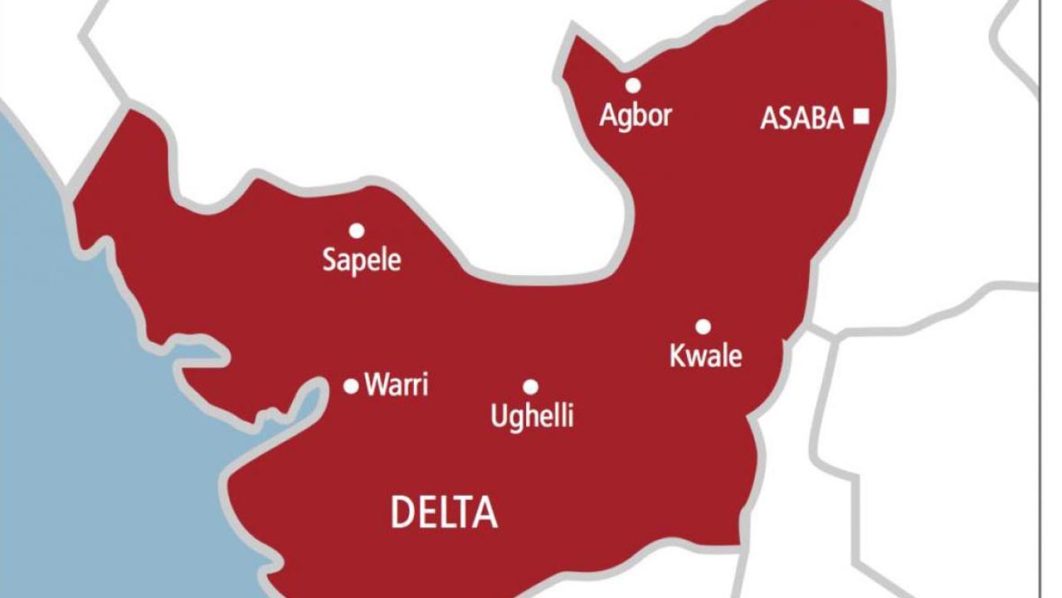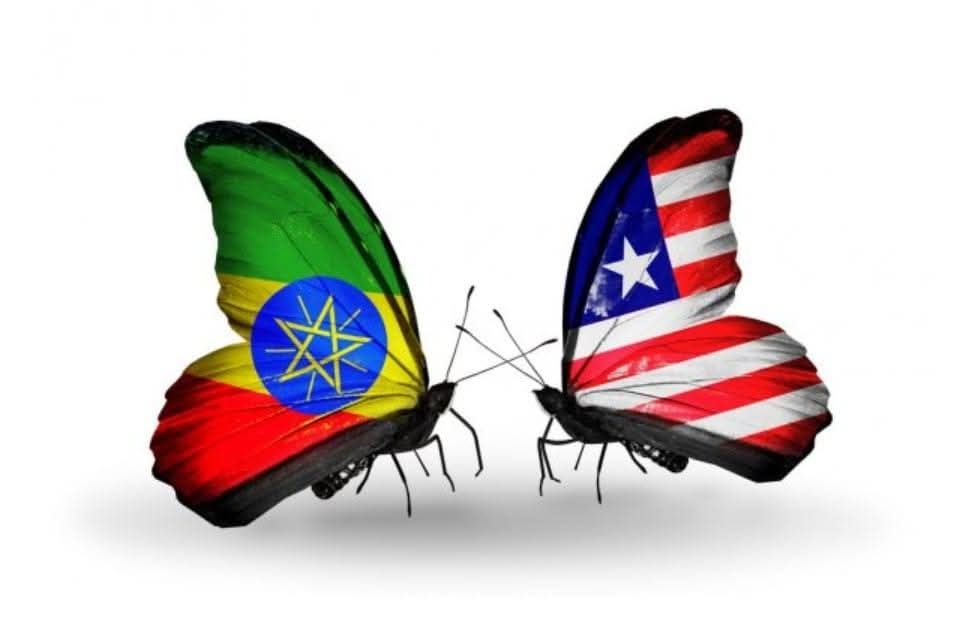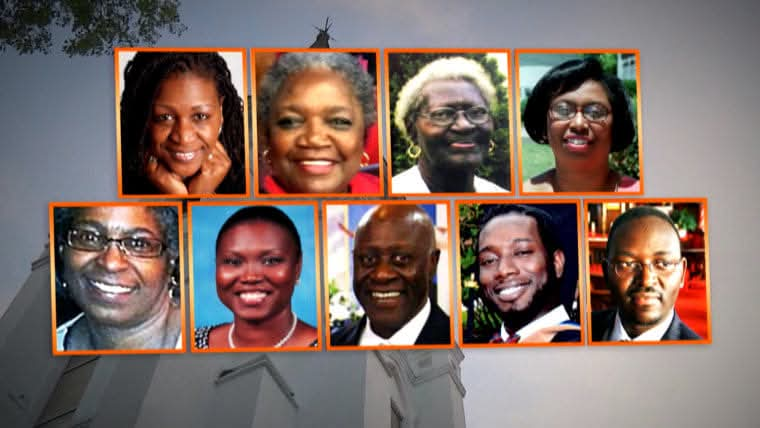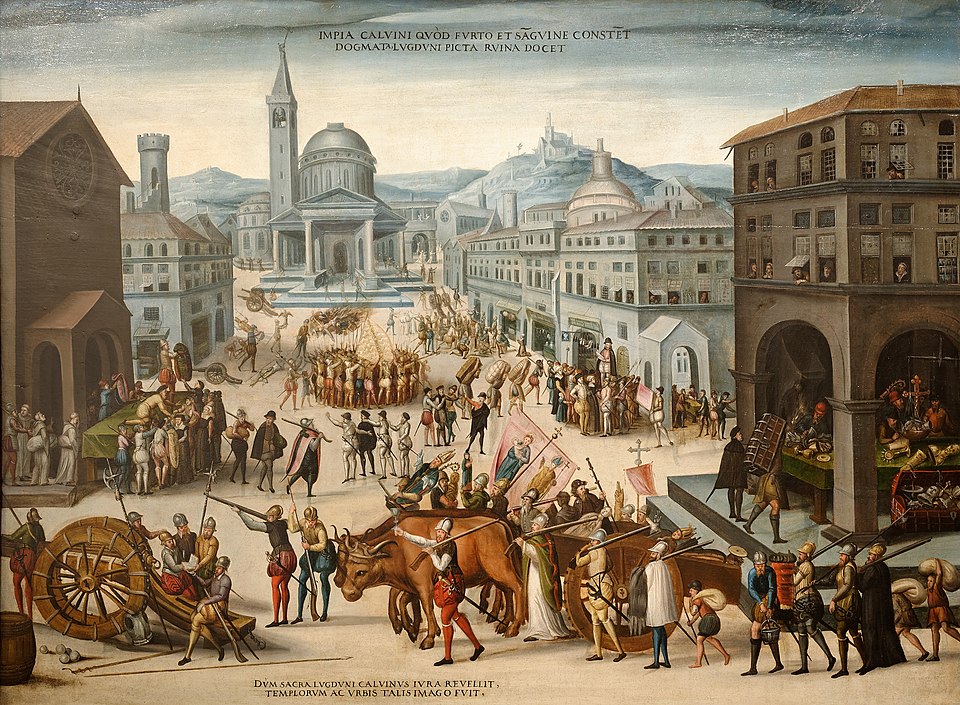DELTA: The Making of Warri Metropolis

Did you know that the name 'Warri' is a corrupted version of the Ijaw word, “Wari”, and that the British once named Ogbe-Ijoh (an Ijaw settlement) as the headquarters of her Warri Province Administration?
According to oral history passed from one generation of Ijaws from Ogbe-Ijoh to another generation, Warri, a corrupted version of the Ijaw word, “Wari”, which means house, was founded by an Ijaw man named Ewein, a great hunter and fisherman.
In 1906, with the rapid growth in trading activities, the British acquired Ogbe-Ijoh village (an Ijaw community) in order to develop it as “whites only” residential area and headquarters of her Warri Province Administration. The people of Ogbe-Ijoh were resettled on the Ogbe-Ijoh market and the British signed a 99 years lease with the Ogbe-Ijohs.
However, the Ijaws felt humiliated by the forced eviction and the handling of the land acquisition. The then Governor of Benin River, a British political agent who handled the acquisition and ejection of the Ijaws was Chief Doru (Dogho) Numa, an Itsekiri man.
The above incident probably marked the beginning of the bad blood between the Ijaws of Warri and the Itsekiris.
Upon completion of their offices, the British named the new headquarters Warri Township and since then Ogbe-Ijoh officially became known as Warri Township. Even then, the Colonial government granted all leases to individuals and corporate entities in the name of Ogbe-Ijoh. Today, the name Warri Township covers other nearby villages including the Government Reservation Area-GRA, Elders town, Market road and the portion of lands specified in the Warri Township Plan No. 1.
Further collaboration is provided by the Warri Township assessment report prepared by one Mr. P. P. Lynch in July 16, 1928 and sent to the Secretary Southern Provinces, Lagos. The report is available at the National Archives, file No. 20653. The report, in part, reads;
“The original settlement which in due course became the nucleus around which the population settled is known as Ogbe-Ijoh and the name is still retained to define that portion of the town around the present market. As the name indicated Ogbe-Ijoh was originally an Ijaw settlement and translated literally means, I am informed ‘The Ijaw fish market’...
"The Ijaw fisher more always at home in them canoes than on land fished up and down the stretch of water which now forms the Warri enchorage and made use of the settlement to sell their catches. In the main the purchasers came firm the Old Established Sobo hamlet of AGBASSA and the more recent Jekri village of Okere....
"Beyond the swamp, in a westerly direction, stood the comparatively large village of AGBASSA while on the side the growing hamlet of Okere was rapidly extending its boundaries… intercommunication between these villages and the riverside settlement was maintained by means of “bush” paths which meandered around the edge of the swamp.”
By contrast, Ode-Itsekiri, the ancestral homeland of the Itsekiris, is an Island community several kilometers away from Warri metropolis. As a reminder, Ode-Itsekiri is part of the ‘Seikiri’ that was eventually given to their ancestor, Iginua. It is informative to note here that, Ode-Itsekiri, the “Warri” of the Itsekiris is often erroneously referred to as Old Warri or Big Warri. This is the Warri or Iwere referred to in history books as the capital City of the Itsekiris.
SOURCE: Culled from 'The Truth, The Whole Truth, And Nothing But, The Truth' by The Council of Ijaw Associations Abroad
#penglobalhistory #Warri #Delta



